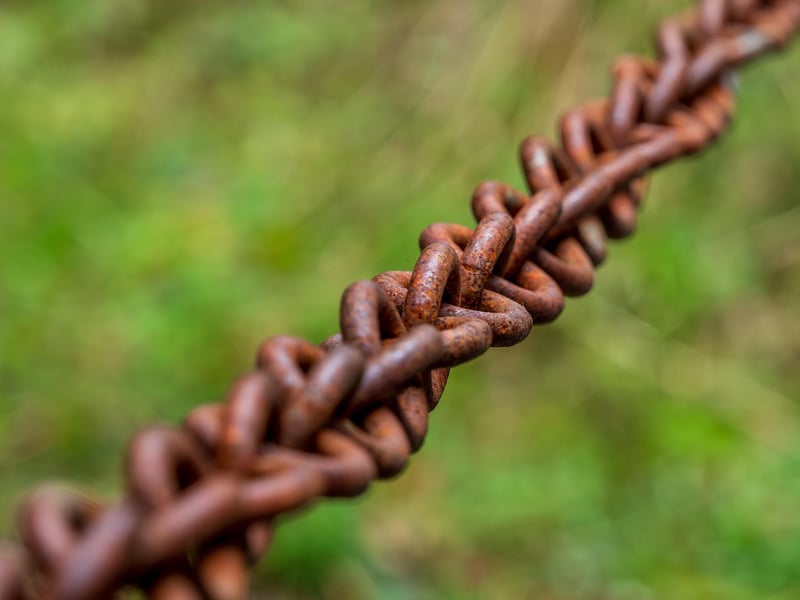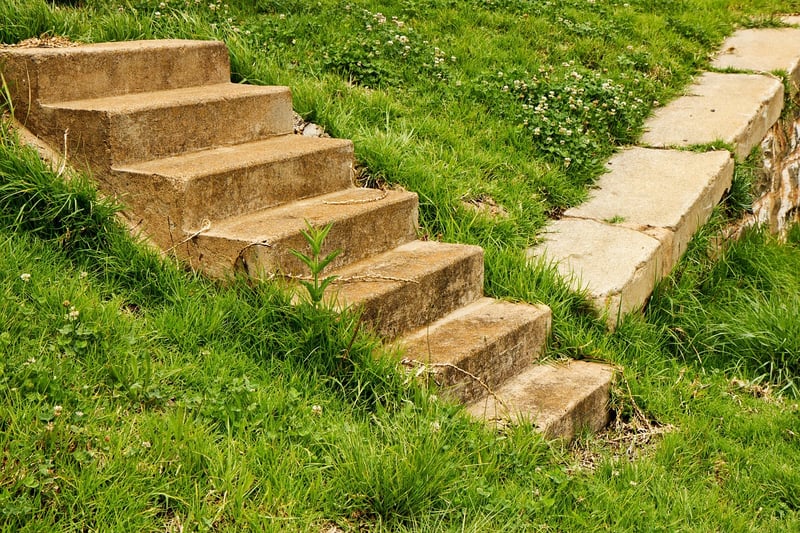Causality Dilemmas
Exploring Consequences and Causality Dilemmas
Welcome to our in-depth exploration of consequences and causality dilemmas. Understanding the relationship between actions and outcomes is crucial in various aspects of life, from personal decisions to scientific research. Let's delve into this fascinating topic.
The Concept of Causality
At the heart of consequences lies the concept of causality. Causality is the relationship between cause and effect, where one event (the cause) leads to another event (the effect). This fundamental principle governs much of our understanding of the world.
Types of Causality Dilemmas
Causality dilemmas can manifest in different forms, posing challenges to decision-making and problem-solving. Here are some common types:
- Reverse Causality: Occurs when the expected cause is actually the consequence. For example, does success lead to happiness, or does happiness lead to success?
- Mutual Causality: Involves a situation where two events are both cause and effect of each other, creating a complex loop of causality.
- Multiple Causality: When a single effect stems from multiple causes, determining the primary cause can be challenging.
Consequences of Causality Dilemmas
Dealing with causality dilemmas can have profound consequences. It can lead to uncertainty, difficulty in decision-making, and a need for deeper analysis to understand the interconnectedness of events.
Real-World Applications
From ethics and philosophy to economics and science, causality dilemmas play a significant role. Researchers, policymakers, and individuals alike grapple with these dilemmas to make informed choices and draw accurate conclusions.
Conclusion
Exploring consequences and causality dilemmas offers a unique perspective on the intricate web of cause and effect that shapes our world. By understanding these concepts, we can navigate complex situations with clarity and insight.

For further reading on causality and consequences, check out Psychology Today's article on causality.
